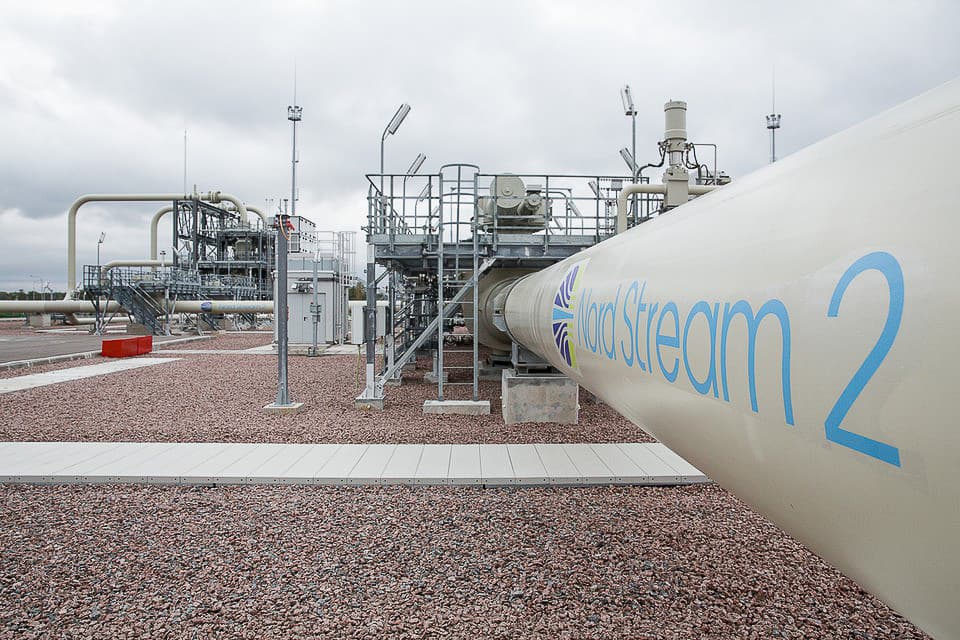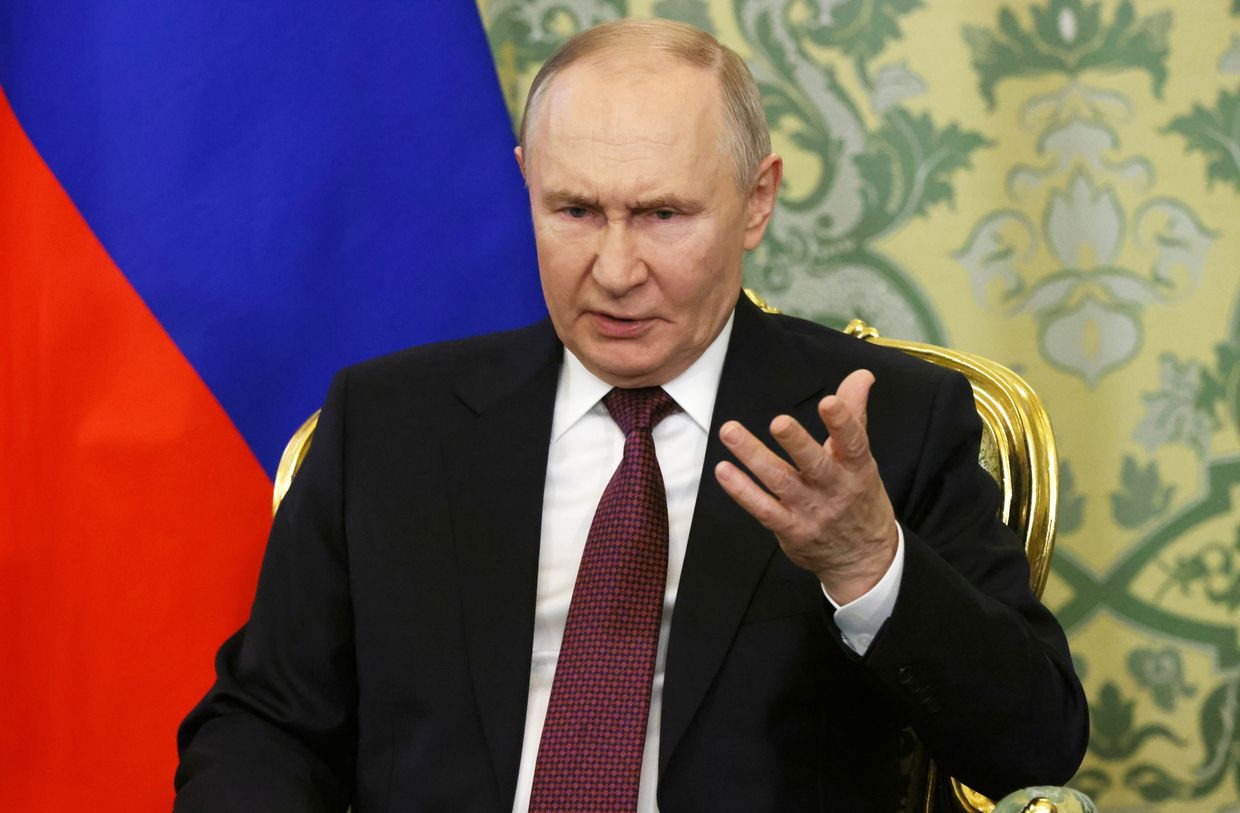Germany to do 'everything' to prevent Nord Stream 2 restart, Merz says

The German government will "do everything to ensure that Nord Stream 2 cannot be put back into operation," German Chancellor Friedrich Merz said on May 28.
Speaking during a joint press conference with President Volodymyr Zelensky in Berlin, Merz vowed to "further increase the pressure on Russia" as Moscow intensifies its attacks on Ukrainian cities.
Kyiv's European partners have pledged to ramp up economic pressure on Russia as it continues to reject a ceasefire. Though no step has been taken so far, Zelensky hinted on May 27 that the EU's upcoming 18th package could have a significant impact on the Russian economy.
According to earlier reporting, the upcoming package could include a complete ban on restarting Nord Stream pipelines and new banking sanctions.
The goal of the sanctions must be to "weaken Moscow's war machine," Merz added.
Nord Stream 1 and 2 are gas pipelines running between Russia and Germany under the Baltic Sea. Nord Stream 2 has never been activated, and the pipes shut down after suspected sabotage in 2022.
Russian Foreign Minister Sergey Lavrov claimed in March that discussions were underway with the United States to resume gas flows through the pipelines.












